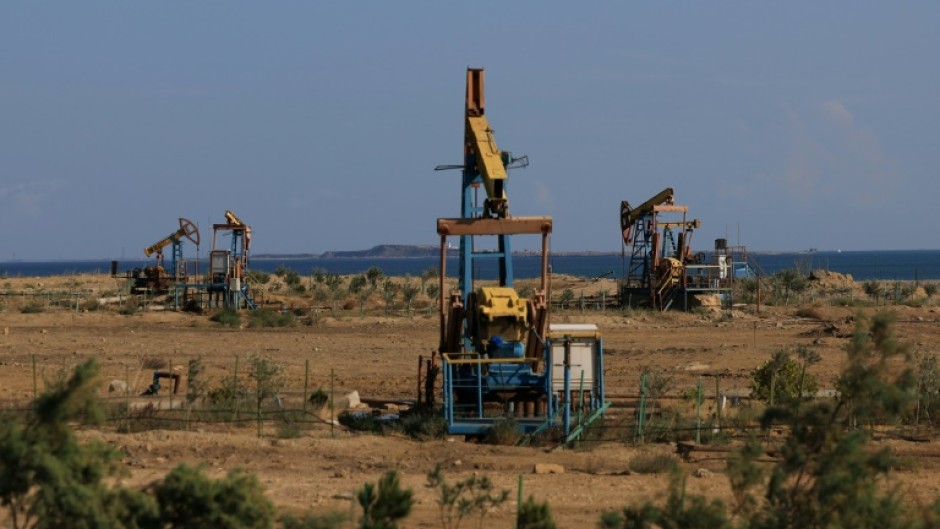PARIS - Following the UN's COP28 climate talks in oil-fuelled Dubai, the COP29 conference is headed for the historic cradle of oil, Azerbaijan, which is in the midst of a gas boom.
The former Soviet republic of 10 million people brimming with hydrocarbons is on track to increase its gas production by 35 percent in the next 10 years, contrary to efforts to contain global warming.
Despite the last COP in the United Arab Emirates ending with an unprecedented call to "transition" away from fossil fuels, an analysis by the NGO Global Witness based on data from Rystad Energy shows that the upcoming COP29 host aims to hike its gas production from 35 billion cubic metres (bcm) in 2024 to 47 bcm in 2034.
The forecast covers actual production figures, estimates from approved developments, as well as confirmed reserves not yet being exploited. They exclude condensate, a liquid form of gas.
"Azerbaijan is ramping up its gas production when the world urgently needs to kick its fossil fuel habit," Patrick Galey, senior investigator at Global Witness, told AFP.
The country, a member of OPEC+, has a long history with hydrocarbons, which make up half of its economy.
In the 2030s, gas is expected to represent more than half of fossil fuel production in the country, according to Rystad Energy data reported to AFP.
Its exports to Turkey, Europe, Georgia and Iran have already multiplied threefold since 2015.
Baku's expanding gas production is fuelled mainly by the Shah Deniz project, one of the biggest gas fields in the world, discovered in 1999 along the Caspian Sea and operated by BP, while other projects like Umid-Babek and Absheron will increase their output.
The Absheron field, which began production in July, is operated by Jocap, which includes national oil and gas firm Socar, as well as France's TotalEnergies and Adnoc, the national Emirati firm that was cause for controversy at the last COP.

